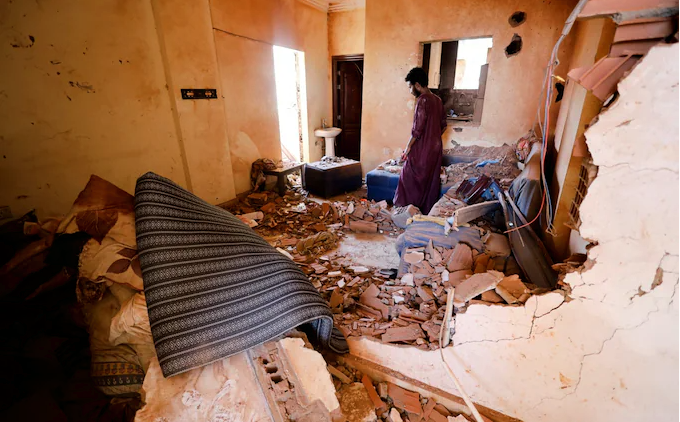Regional Airport in Japan Shuts After WWII Bomb Explodes Near Runway
A regional airport in southwestern Japan had to be closed early on Wednesday after the blast of a wartime dud shell damaged the runway, with operations only resuming the next morning....
Facts
- A regional airport in southwestern Japan had to be closed early on Wednesday after the blast of a wartime dud shell damaged the runway, with operations only resuming the next morning.[1][2][3]
- Japanese authorities said that the ordnance — a US-made bomb likely dropped during World War II — exploded for no particular reason, leaving a crater in taxiway about seven-meters (23-feet) long and one-meter (3-feet) deep.[4][5]
- All 87 flights to and from the Miyazaki Airport that day were canceled, including those connecting the Kyushu island to Tokyo, Osaka, and Fukuoka, but no injuries were reported.[6][7]
- An air base of the Japanese Imperial Navy from 1943 to the end of the World War II, hundreds of kamikaze pilots set off their missions from Miyazaki Airport.[2][3]
- Chief Cabinet Secretary Yoshimasa Hayashi ruled out the threat of further explosions, despite unexploded ordnances previously being found nearby. According to Reuters, over 2.3K unexploded bombs were disposed of last year alone in Japan.[5][8]
- This comes as Japanese troops disposed of a suspected unexploded bomb from World War II in Okinawa, which was found last December during sewage work, in a large-scale operation on Sunday that required some 1.4K people to be temporarily evacuated.[9][10]
Sources: [1]FOX News, [2]Al Jazeera, [3]Kyodo News+, [4]CNN, [5]The Japan Times, [6]Reuters, [7]The Japan News by the Yomiuri Shimbun, [8]BBC News, [9]Stars and Stripes and [10]NHK.
Narratives
- Narrative A, as provided by Warfare History Network. It's an unfortunate reality that the huge-scale historic raids on Japan, and other nations involved in the Second World War, continue to affect populations today. Such issues are unsurprising in Britain and Germany, which frequently face the dangerous legacy of unexploded bombs. Sadly, there's no real way of counteracting the ongoing impacts of these historic campaigns, or even knowing where unexploded ordinances may be lurking in modern society.
- Narrative B, as provided by Guardian and Le Monde.fr. Although there's no way of mapping unexploded ordinances, more should be done to address the ongoing effects they have on biodiversity and human populations. In 2023, Azerbaijan launched a landmark case against Armenia over environmental destruction, while Kyiv is seeking reparations for Russian 'ecocide' as a result of the continuing conflict in Ukraine. The US should prepare itself to take responsibility for the impact of bombing campaigns which, even today, disrupt and pose threats to other nations.







